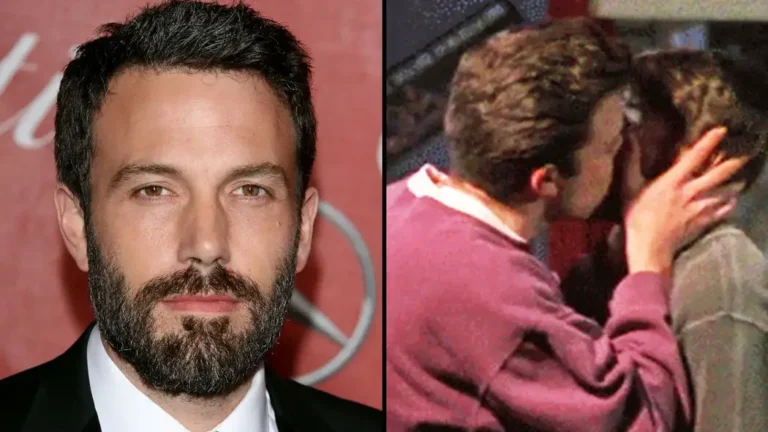When it comes to dating, there’s no shortage of questionable trends—from ‘dexting’ and ‘zombie-ing’ to the infamous ‘penny method.’
But now, a new Gen Z trend called ‘floodlighting’ is making waves—and it might just be the most toxic one yet.

“Floodlighting” Is the Latest Dating Term—and It’s All About Too Much, Too Soon
A new term has entered the dating world: floodlighting. It describes a pattern where one partner shares an overwhelming amount of emotionally intense information very early in the relationship.
According to Jessica Alderson, relationship expert and co-founder of the dating app So Synced, floodlighting is essentially “using vulnerability as a high-intensity spotlight.” She explained to Glamour: “It involves revealing a lot of personal details all at once—to test boundaries, fast-track intimacy, or gauge whether the other person can ‘handle’ your emotional baggage.”
At first glance, this might seem like emotional honesty—but in reality, it can create a false sense of closeness and leave the other person feeling overwhelmed.
The metaphor fits: imagine shining a powerful spotlight on a relationship before it’s had the chance to naturally develop. The result? A dynamic that can quickly feel one-sided, with one partner burdened by heavy disclosures and suddenly cast in the role of emotional caregiver.
Alderson stresses that while vulnerability is essential in any strong relationship, timing is everything. “Sharing too much too soon can leave you emotionally exposed—and in the wrong hands, that vulnerability can be used against you.”


Floodlighting is a dating behavior characterized by rapid, detailed revelations about deeply personal life experiences. These disclosures often dominate the conversation and revolve heavily around emotional trauma, creating a dynamic that feels intensely one-sided. A fast-forming emotional connection is another hallmark, sometimes leaving the other person feeling overwhelmed or rushed.
A subtle yet telling sign is how closely the person monitors your reactions, analyzing your every response. This often points to a deep fear of rejection, as they try to preemptively protect themselves by exposing their vulnerabilities early on.
Psychotherapist Alderson explains that such behavior usually stems from insecurity, with individuals using emotional openness as a shield against potential future hurt.
Backing this, a 2022 study published in Psychological Reports found that adolescents who overshare excessively on social media are more likely to suffer from anxiety, crave attention, and exhibit signs of social media addiction.
As new dating trends continue to emerge—often fueled by online platforms—experts advise daters to be mindful of emotional pacing. Prioritizing mutual comfort, clear boundaries, and open communication is key when forming healthy new connections.








